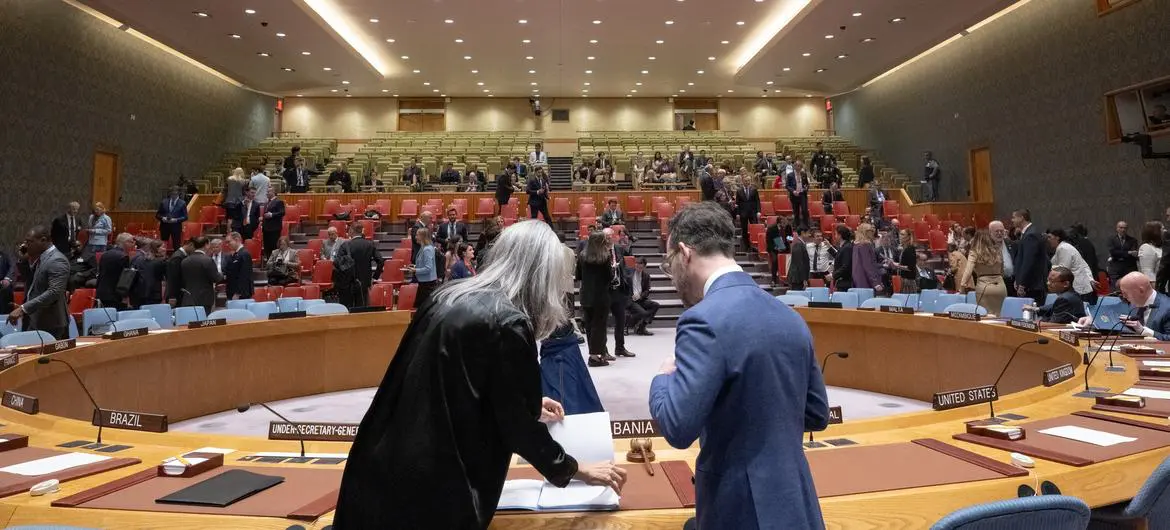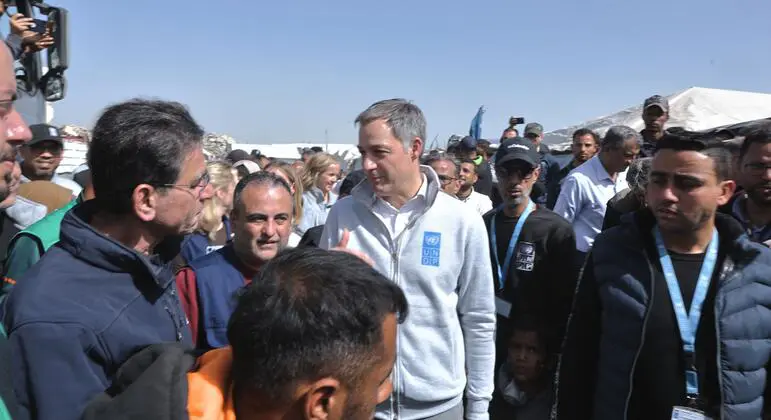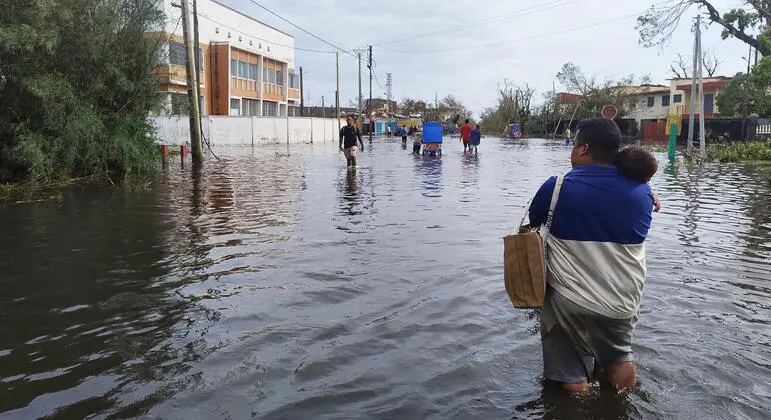The 15-member body responsible for peace and security matters is expected to make a decision on a second draft resolution later today, led by Brazil.
This proposal, although not yet officially representing the Council’s position until adoption, seeks to alleviate the persistent humanitarian distress on the ground. It also aims to create secure passageways for aid delivery and safeguard the UN and other humanitarian personnel who are facing challenges in providing vital assistance to the residents of Gaza.
Key differences
While both texts aim for a humanitarian pause, they differ in their approach, particularly regarding the main point of disagreement in the Russian proposal: the explicit mention of the extremist group Hamas, which currently controls Gaza.
Russia’s ambassador told the emergency meeting on Monday, Western powers opposing their resolution had “stomped” on hopes of de-escalation, while the US ambassador said in failing to condemn Hamas, Russia was “giving cover to a terrorist group that brutalizes innocent civilians.”
In the pursuit of consensus and collective action, which is especially crucial in times of global crisis, ambassadors typically strive to garner support through resolutions that outline a clear course of action.
It is common for rival or parallel drafts of resolutions to emerge, requiring delegations to negotiate the specifics and find compromises, often in private discussions.
UN chief to visit region
UN officials are actively engaging with all parties involved in the expanding crisis to reduce tensions, create safe zones, and provide vital aid and medical assistance to those in immediate need.
Secretary-General António Guterres is set to arrive in Egypt on Thursday to meet President Abdel Fattah Al Sisi and others.
World leaders are appealing for de-escalation, as President Joe Biden plans to visit Israel and Jordan to show solidarity. The crisis began when Hamas attacked Israel on October 7th, leading to a declaration of war. Aid agencies have been working tirelessly to provide assistance, but the southern frontier of Gaza remains closed. Tragically, UN staff, medical personnel, and aid workers have also lost their lives. There are concerns that the violence could spread to neighboring countries, destabilizing the entire region and beyond.







